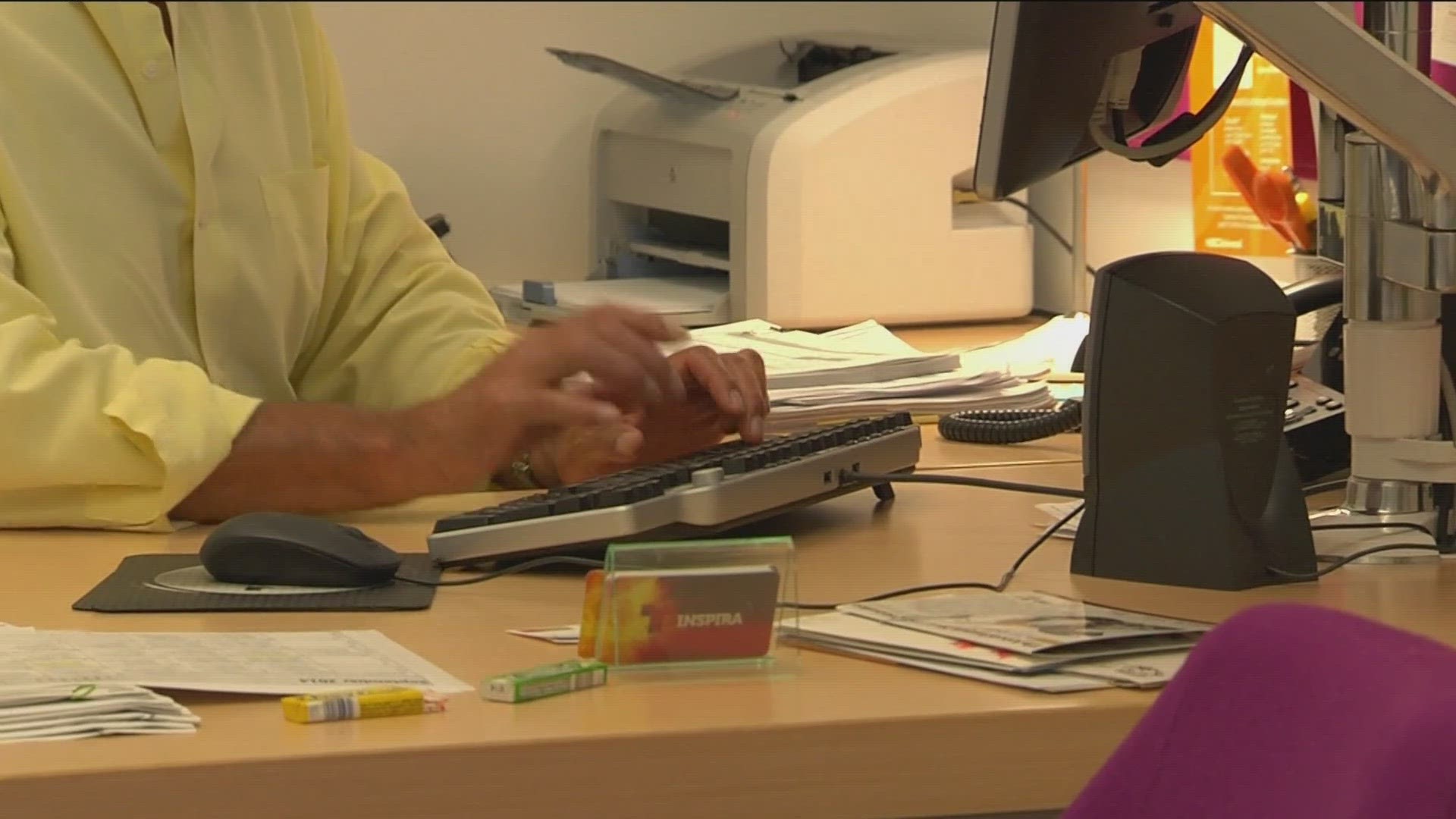ST PAUL, Minn. — To ask, or not to ask.
Starting January 1st, 2024, the rule is for employers to not ask about an applicant's current pay or pay history.
"Research shows that this is a big way in which employers get away with continuing the cycle of discrimination," Lt. Governor Peggy Flanagan said.
The discrimination in pay is clear in the numbers.
"White women make 81 cents on the dollar, Asian women make 70 cents on the dollar, Black women make 61 cents on the dollar, Indigenous women make 61 cents on the dollar, Latine women make 55 cents on the dollar compared to their white male counterparts," Flanagan listed.
Enforcement of the law will be done under the Minnesota Department of Human Rights. MDHR Commissioner Rebecca Lucero said the bill was an effort MDHR was behind from day one.
"If somebody believes that there's a violation of the MN human rights act, they should always reach out and contact our office," Lucero said. "That is why it is so important to have a neutral fact finder, who can do everything from review files and interview witnesses."
If U.S. soccer could achieve pay parity by promising equal pay to both women's soccer and men's soccer teams, Minnesota lawmakers believe the state could too.
"The data shows, that regardless of education, women's earnings are far behind those of similarly educated men," Gloria Perez, CEO and President of the Minnesota Women's Foundation said. "And the wage gap and effect of gender and race as well as other biases widens over the course of women's lives."
This comes along with the next goal of reaching pay transparency. Minnesota lawmakers said they are eyeing a bill that would require a job posting to list a salary range for the public to view.

